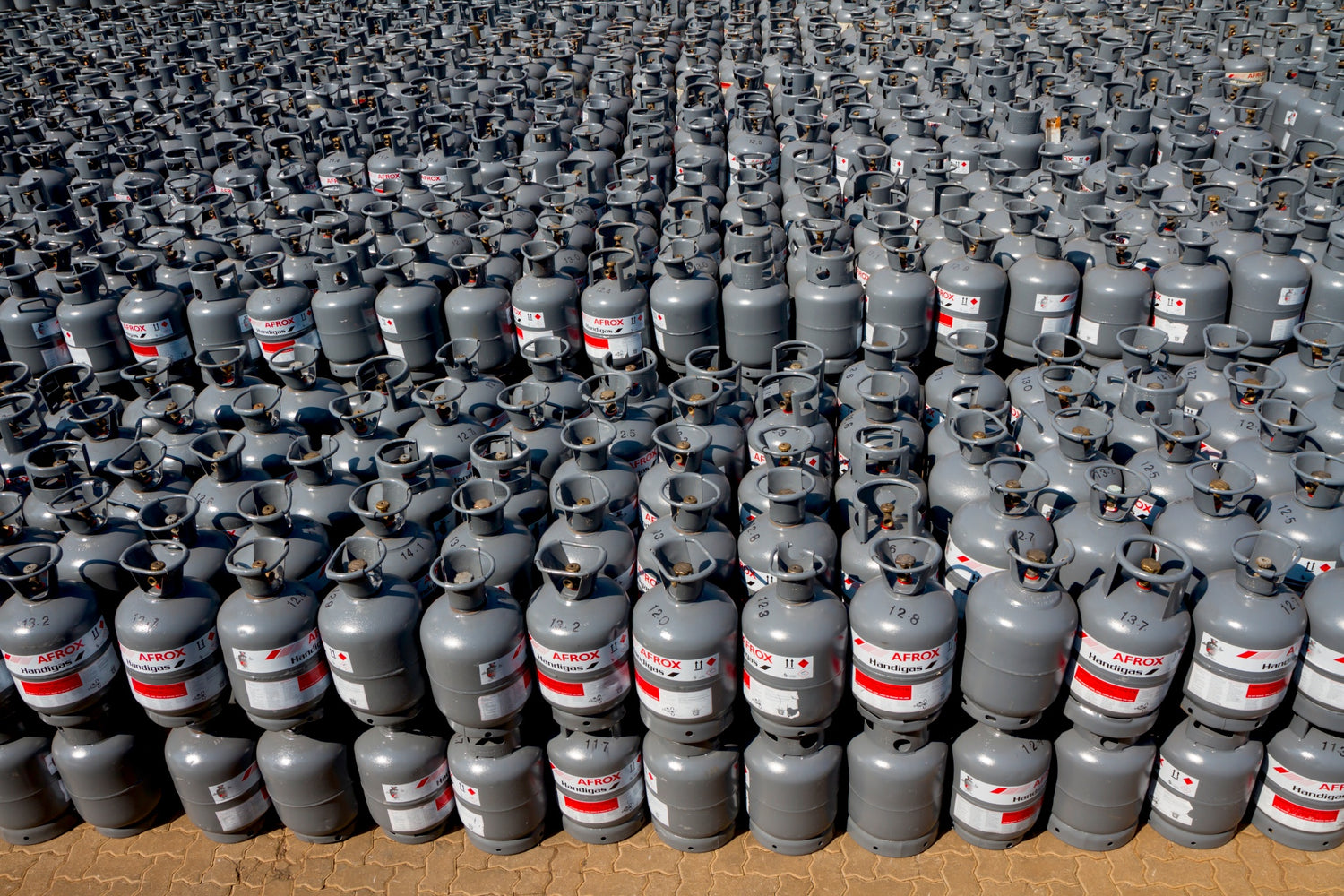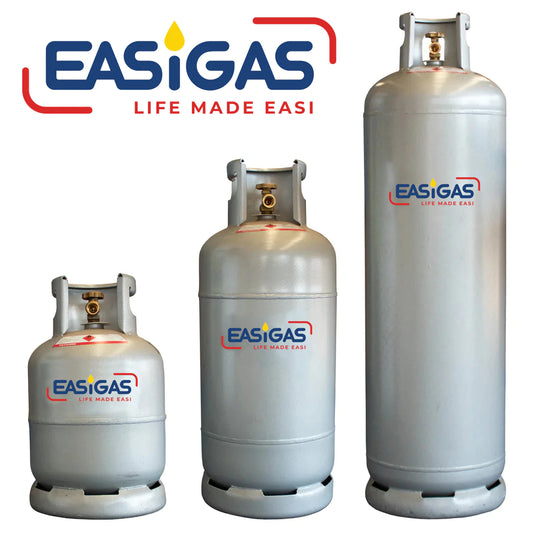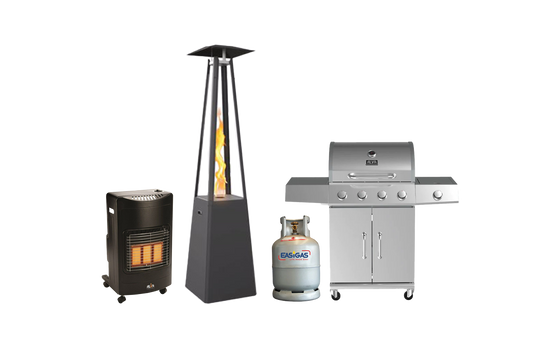The Growing Role of LPG in South Africa's Energy Landscape
Share
South Africa's energy sector is undergoing a transformation, driven by the need for sustainable and accessible energy sources. In this evolving landscape, liquefied petroleum gas (LPG) has emerged as a key player. LPG is a versatile and clean-burning fuel that has gained significant traction in various sectors across the country. This blog explores the fascinating world of LPG in South Africa, highlighting its benefits, applications, and the growing role it plays in shaping the nation's energy future.
The Rise of LPG in South Africa:
LPG, a byproduct of natural gas and crude oil refining, has been used globally for decades. However, it is in recent years that South Africa has witnessed a surge in LPG usage. Several factors have contributed to this rise:
-
Energy Security: South Africa, like many nations, is seeking to diversify its energy sources to reduce dependence on traditional fossil fuels. LPG provides an alternative energy option that is readily available and reliable.
-
Cleaner Energy: LPG is known for its low emissions and environmentally friendly characteristics. It burns more cleanly than other traditional fuels, making it an attractive choice for reducing air pollution and greenhouse gas emissions.
-
Accessibility: LPG is highly accessible and can be used in both urban and rural areas. Its ease of transportation and storage makes it a feasible energy source for regions with limited infrastructure.
- Load shedding is the big issue everyone's avoiding, but LPG stands as a reliable alternative to ensure you're never left powerless during outages
Applications of LPG in South Africa:
LPG's versatility is one of its standout features, and it finds applications in various sectors within South Africa:
-
Household Cooking: Many households in South Africa have adopted LPG as their primary cooking fuel. It offers a convenient and efficient way to prepare meals, and the precise temperature control is favored by chefs and home cooks alike.
-
Industrial Use: LPG is widely used in various industries, including manufacturing, agriculture, and construction. It is utilized for heating, cutting, and as a fuel source for machinery, providing a cost-effective and reliable solution.
-
Automotive Sector: LPG has also made its mark in the automotive industry, with many vehicles converted to run on LPG. This alternative fuel option is not only more economical but also reduces harmful emissions.
-
Rural Energy Access: LPG has proven to be a boon for rural communities in South Africa, where access to electricity can be limited. Portable LPG stoves and lamps have improved living conditions and productivity in these areas.
The Path Forward for LPG in South Africa:
As South Africa continues to grapple with energy challenges and strives for a greener future, LPG's role is set to expand further. To maximize its potential, policymakers, industry stakeholders, and consumers must work together:
-
Infrastructure Development: Expanding LPG distribution networks and storage facilities will enhance accessibility, especially in remote areas.
-
Awareness and Education: Public awareness campaigns can educate consumers about the benefits of LPG and promote its safe use.
-
Regulations and Safety Standards: Strengthening regulations and safety standards ensures that LPG remains a safe and reliable energy source.
-
Incentives: Government incentives and subsidies can encourage more households and businesses to switch to LPG, reducing their carbon footprint.
Conclusion:
LPG is no longer just a fuel, it's a catalyst for change in South Africa's energy landscape. Its versatility, cleanliness, and accessibility make it an attractive option for households, industries, and the transportation sector. As South Africa continues to navigate its energy transition, LPG will undoubtedly play a pivotal role in fueling progress towards a more sustainable and energy-secure future













